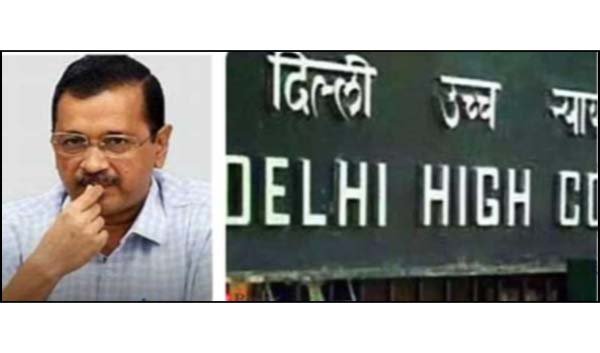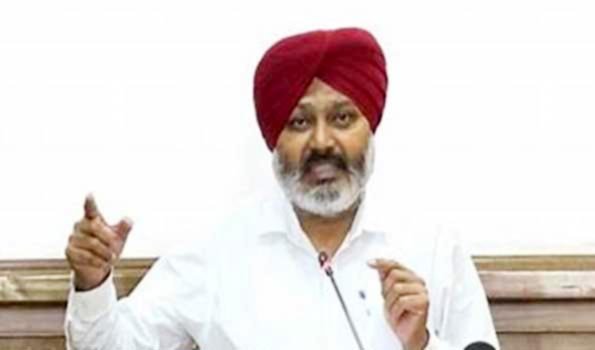New Delhi, Mar 21 (UNI) The Delhi High Court on Thursday refused to grant interim protection from arrest to Delhi Chief Minister Arvind Kejriwal concerning the summons issued to him by the Enforcement Directorate (ED) in connection with the alleged excise policy scam.
A division bench comprising Justice Suresh Kumar Kait and Justice Manoj Jain said it was not inclined to grant any such protection at this stage and tagged the matter with his main petition challenging the ED’s summons. The court posted the matter for hearing on April 22.
The court said Kejriwal’s plea for interim protection will be heard on April 22 with his main petition challenging the ED’s summons.
“At this stage, we are not inclined to pass any order,” the court said.
The matter pertains to ED summons issued to Kejriwal nine times in connection with the alleged Delhi liquor policy scam. However, he chose to skip the summons each time.
Kejriwal turned down the agency’s summons as “malicious” and alleged that the ED was being “misused” by the government for political motives.
The ED had filed two complaints against Kejriwal and asked him to comply with the summons. The trial court, however, granted him bail on March 16.
On March 15 the session’s court rejected Kejriwal’s plea to stay the proceedings in ED’s case.
Kejriwal then moved the High Court challenging the ED summons as well as Section 2(1)(s) of the Prevention of Money Laundering Act (PMLA) which includes a political party within its ambit.
Section 2(1) (s) defines a ‘person’ who can come under the ambit of PMLA.
The High Court had on March 20 directed ED to file its reply on the maintainability of the petition.
Senior Advocate Abhishek Manu Singhvi, appearing on behalf of Kejriwal, prayed for an interim relief. He said the ED’s latest summons were issued to him on March 16, the same date when the schedule for the Lok Sabha elections was announced, and the probe agency is being misused to create a non-level playing field before the elections.
Singhvi contended that none of the summons issued by ED summons clarified whether Kejriwal was being called for questioning as an accused or a witness.
Singhvi said Kejriwal is not one who will flee or influence witnesses or tamper with evidence.
“Elections have been announced and he is the head of a national party… He can answer all the questions and be allowed to appear through virtual conference and answer EDs questionnaire,” Singhvi said.
Additional Solicitor General (ASG) SV Raju appeared for ED and contended that the law cannot be different for someone just because he happens to be the Chief Minister of a Union Territory.
Raju clarified that Kejriwal has not been summoned in his official capacity as Chief Minister or the National Convenor of Aam Aadmi Party (AAP) but in his individual capacity. The law is the same whether he is chief Minister or not, Raju contended.
The ED’s money laundering investigation came up when a case was registered by the Central Bureau of Investigation (CBI) on August 17, 2022, in connection with alleged irregularities in the Delhi Excise Policy for 2021-22.
The CBI case was registered on a complaint made by Lieutenant Governor VK Saxena on July 20, 2022.
It is alleged that a criminal conspiracy was hatched by AAP leaders, including former Deputy Chief Minister Manish Sisodia and other unidentified and unnamed private persons/entities during the policy’s formulation.
The allegations are that the conspiracy was unearthed from some loopholes “intentionally” left or created in the policy. These were allegedly meant to favour some licensees and conspirators post the tender process.











